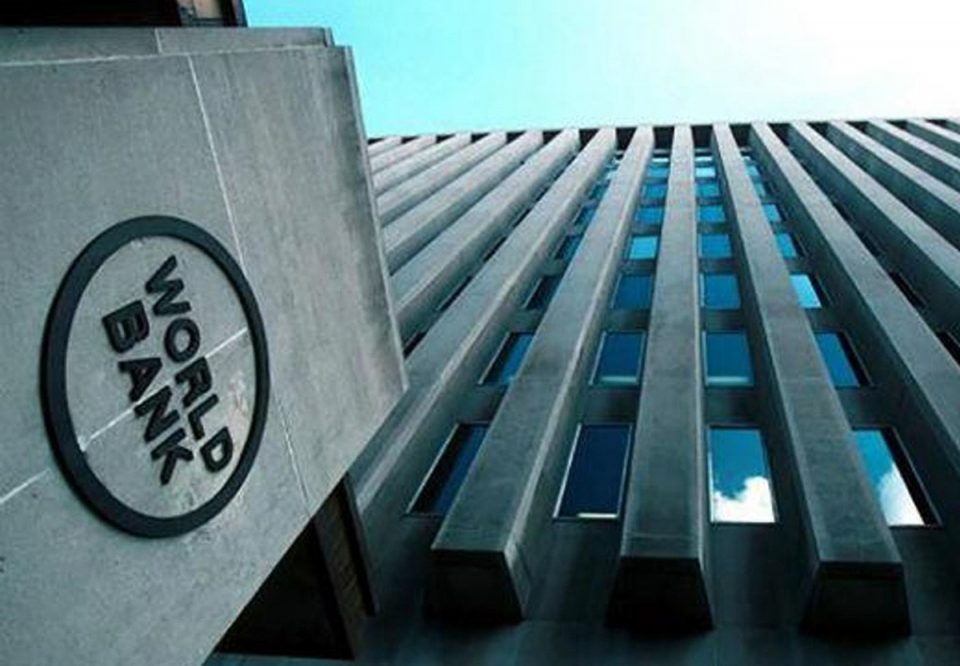… Says Nigeria’s economy to shrink by 3.2%
Coronavirus (COVID-19) pandemic may have triggered the deepest global recession in decades, with the World Bank baseline forecast envisioning a 5.2 percent contraction in global Gross Domestic Product (GDP) in 2020.
The Bank also forecast Nigeria’s economy would shrink -3.2 percent this year, contrary to Nigerian Federal Government’s projection of -4.4 percent, indicated that the World Bank has more confidence in the Nigerian economy.
In its June Global Economic Prospects, released yesterday, the Bank said per capita income in most emerging and developing economies would shrink this year.
Consequently, the report stated: “The pandemic highlights the urgent need for policy action to cushion its consequences, protect vulnerable populations, and improve countries’ capacity to cope with similar future events.
“It is also critical to address the challenges posed by informality and limited safety nets and undertake reforms that enable strong and sustainable growth.”
The Bank has attributed the decline in Nigeria’s economy to the collapse in oil prices which represents 80 percent of the country’s exports, about a third of banking sector credit, and half of government revenues.
The report also indicated that South Africa’s economy is forecast to contract -7.1 percent this year, the deepest contraction in a century, as stringent but necessary COVID-19 containment measures imperil economic activities.
According to the World Bank, Sub-Saharan Africa has been ravaged by the COVID-19 pandemic, and that economic activity collapsed in the first half of this year.
“The pandemic has taken a heavy human and economic toll, causing the most serious disruption to region-wide economic activity on record.
“Sub-Saharan Africa has suffered as a result of the impact of the pandemic on its key trading partners, the disruption to global travel and supply chains, and the collapse in global commodity prices, particularly for oil and industrial metals.
“These shocks have heightened risk aversion among investors and prompted unprecedented capital outflows,” the organization said.
It said that in Nigeria and South Africa, economic activities fell “precipitously in the first half of the year,” with several industrial commodity exporters, such as Angola, the Democratic Republic of Congo, and Ghana, having had to cope with weaker external demand and lower prices for oil and metals, in addition to domestic disruptions.




